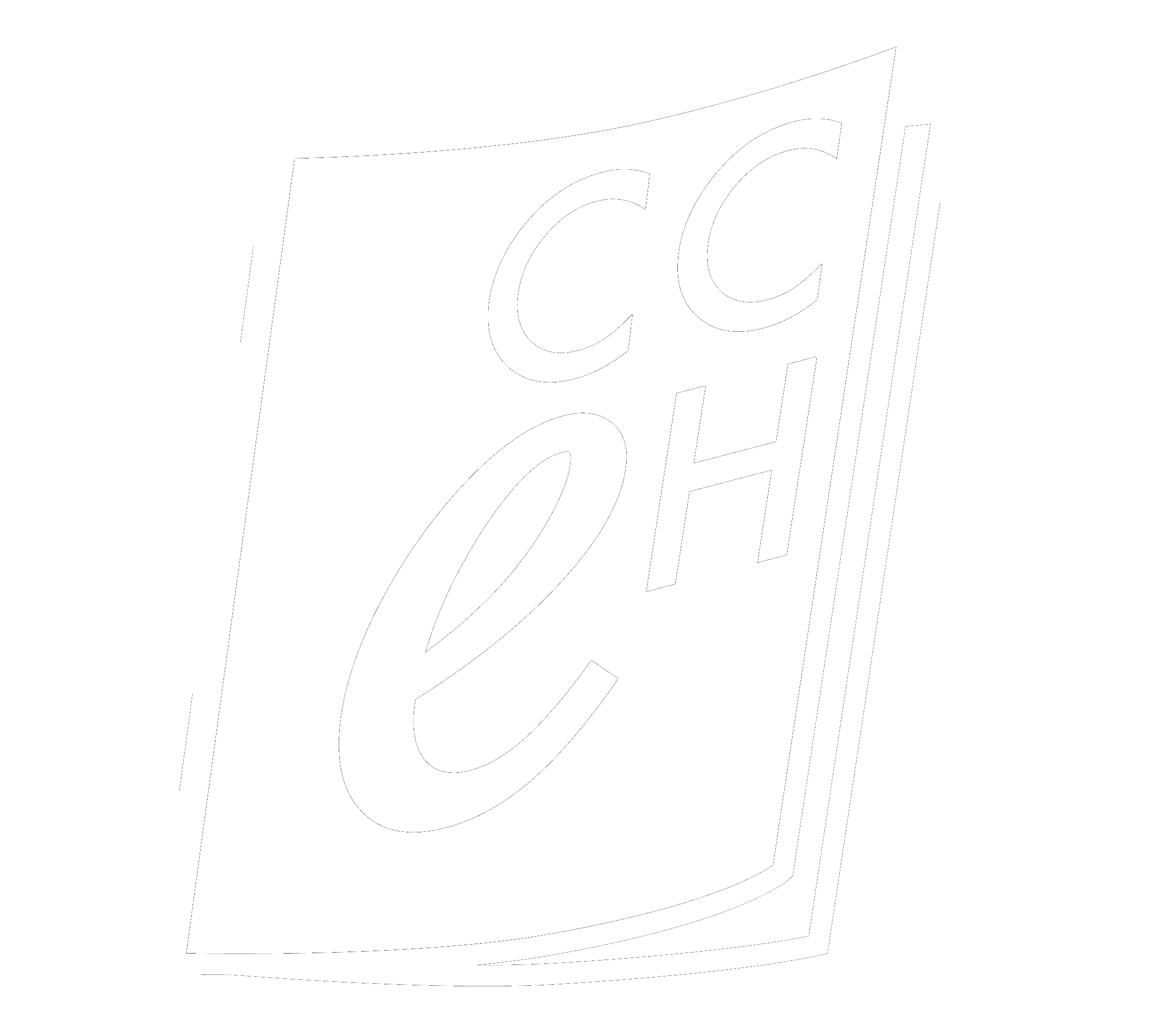Melodies in the Tales
Opening the tale ( üliger ekilekü ):
- Ögedei mergen qaγan-u üliger “The Story of the Wise Emperor Ögedei”, performed by the bard Balǰinima: Audio File 24A 0:07-3:52.
- Baraγun Liyang ulus-un üliger “The Story of the Western Liang State”, performed by the bard Dorǰi: Audio File 82A 2:10-7:00.
- Baraγun Liyang ulus-un üliger “The Story of the Western Liang State”, performed by the bard Qoosbayar: Audio File 112A 3:25-5:15.
- Tangsuɣ / Tangseng lama-yin üliger “The Story of the Tang Monk”, performed by the bard Rinčin: Audio File 117A 15:15-17:21.
The Emperor holding court ( qaγan čoo quraqu ):
- Ögedei mergen qaγan-u üliger “The Story of the Wise Emperor Ögedei”, performed by the bard Balǰinima: Audio File 24A 14:56-22:15.
- Modon qota / Mu yang čeng-ün üliger “The Story of the City of Wood / The City Where Sheep are Herded“, performed by the bard Nimaodzer: Audio File 1A 10:20-14:27.
Asking about the condition of the country ( ulus-un bayidal-i asuqu ):
- Modon qota / Mu yang čeng-ün üliger “The Story of the City of Wood / The City Where Sheep are Herded“, performed by the bard Nimaodzer: Audio File 1A 14:42-15:30.
The general wearing armour ( ǰangǰun quyaγlaqu ):
- Baraγun Liyang ulus-un üliger “The Story of the Western Liang State”, performed by the bard Dorǰi: Audio File 82B 10:32-11:40.
- Ku ši ǰuwan-u nigen bölög “A Chapter in the Story of Pain and Joy”, performed by the bard Bai Suo: Audio File 6B 14:45-15:35 (warrior maiden).
- Altan morin-u namtar “The Story of the Golden Horse”, performed by the bard Damrin: Audio File 46A 22:53-25:54.
- Čečeg-ün küriyeleng-tü güngǰü-lüge uruγlaγsan “How (Long Jigang) Married a Princess in the Flower Garden”, performed by the bard Kesigbuyan: Audio File 95A 9:00-10:22.
- Modon qota / Mu yang čeng-ün üliger “The Story of the City of Wood / The City Where Sheep are Herded“, performed by the bard Nimaodzer: Audio Files 1A 26:21-29:25, and 4B 20:43-21:53.
Saddling the horse ( mori emegellekü ):
- Altan morin-u namtar “The Story of the Golden Horse”, performed by the bard Damrin: Audio File 46A 25:55-27:55.
- Čečeg-ün küriyeleng-tü güngǰü-lüge uruγlaγsan “How (Long Jigang) Married a Princess in the Flower Garden”, performed by the bard Kesigbuyan: Audio File 95A 7:09-8:53.
- Modon qota / Mu yang čeng-ün üliger “The Story of the City of Wood / The City Where Sheep are Herded“, performed by the bard Nimaodzer. Audio File 1B 0:26-1:49: Audio File 4B 19:50:20:42.
Loading the army provisions (onto carts) ( amu künesü tegegekü ):
- Baraγun Liyang ulus-un üliger “The Story of the Western Liang State”, performed by the bard Dorǰi: Audio File 82B 5:15-10:05.
Arranging the soldiers in formations ( čerig ǰiγsaγaqu ):
- Altan morin-u namtar “The Story of the Golden Horse”, performed by the bard Damrin: Audio File 46A 31:20-37:06.
Proclaiming the law for the soldiers ( čerig-ün ča γ aǰa ǰarlaqu):
- Modon qota / Mu yang čeng-ün üliger “The Story of the City of Wood / The City Where Sheep are Herded“, performed by the bard Nimaodzer: Audio File 1B 4:10-4:32.
The army setting out ( čerig mordaqu ):
- Baraγun Liyang ulus-un üliger “The Story of the Western Liang State”, recited by the bard Dorǰi: Audio File 82B 20:30-23:46.
Battle ( bayilduγan ):
- Ku ši ǰuwan-u nigen bölög “A Chapter in the Story of Pain and Joy”, performed by the bard Bai Suo: Audio File 6B 18:34-20:12.
- Baraγun Liyang ulus-un üliger “The Story of the Western Liang State”, performed by the bard Dorǰi: Audio File 83A 18:20-21:49 and Audio File 84A 25:40-27:47.
- Altan morin-u namtar “The Story of the Golden Horse”, performed by the bard Damrin: Audio File 46B 10:30-14-17.
- Modon qota / Mu yang čeng-ün üliger “The Story of the City of Wood / The City Where Sheep are Herded“, performed by the bard Nimaodzer: Audio File 2B 4:12-9:45.
- Tangsuɣ / Tangseng lama-yin üliger “The Story of the Tang Monk”, performed by the bard Rinčin: Audio File 118A 16:14-18:45, and 118B 6:58-9:59.
Portraying the warrior ( baγatur dürsülekü ):
- Altan morin-u namtar “The Story of the Golden Horse”, performed by the bard Damrin: Audio File 46A 31:39-32:40.
Portraying the wicked man ( maγu kümün dürsülekü ):
- Čečeg-ün küriyeleng-tü güngǰü-lüge uruγlaγsan “How (Long Jigang) Married a Princess in the Flower Garden”, performed by the bard Kesigbuyan: Audio File 97A 13:53-15:21.
Teachings ( surγal ):
- Čečeg-ün küriyeleng-tü güngǰü-lüge uruγlaγsan “How (Long Jigang) Married a Princess in the Flower Garden”, performed by the bard Kesigbuyan: Audio File 97A 8:06-10:21.
Descending from a mountain ( aγula-ača baγuqu ):
- Altan morin-u namtar “The Story of the Golden Horse”, performed by the bard Damrin: Audio File 48A 6:54-9:24.
The lone horseman on the road ( γaγča moritai kümün ǰamnaqu ):
- Baraγun Liyang ulus-un üliger “The Story of the Western Liang State”, performed by the bard Dorǰi: Audio File 83B 24:48-27:03.
Calling the soul ( sünesü daγudaqu ):
- Ögedei mergen qaγan-u üliger “The Story of the Wise Emperor Ögedei”, performed by the bard Balǰinima: Audio File 32B 21:40-22:40.
Intermission of the tale ( üliger ǰabsarlaqu ):
- Baraγun Liyang ulus-un üliger “The Story of the Western Liang State”, performed by the bard Dorǰi: Audio File 82A 40:31-41:09.
Grief ( γasalang ):
- Baraγun Liyang ulus-un üliger “The Story of the Western Liang State”, performed by the bard Dorǰi: Audio File 84B 9:08-10:55; Audio File 84B 16:04-19:01.
The troops returning to their country ( čerig ulus-taγan bučaqu ):
- Altan morin-u namtar “The Story of the Golden Horse”, performed by the bard Damrin: Audio File 55B 0:24-4:45.
Praising the horse ( mori maγtaqu ):
- Altan morin-u namtar “The Story of the Golden Horse”, performed by the bard Damrin: Audio File 46A 27:56-28:50, 39:21-43:09 .
- Čečeg-ün küriyeleng-tü güngǰü-lüge uruγlaγsan “How (Long Jigang) Married a Princess in the Flower Garden”, performed by the bard Kesigbuyan: Audio File 95A 5:26-7:00.
Praising the goodness of the mother ( eke-yin ači maγtaqu ):
- Baraγun Liyang ulus-un üliger “The Story of the Western Liang State”, performed by the bard Dorǰi: Audio File 83A 28:36-29:48.
Praising the young lady ( keüken maγtaqu ):
- Čečeg-ün küriyeleng-tü güngǰü-lüge uruγlaγsan “How (Long Jigang) Married a Princess in the Flower Garden”, performed by the bard Kesigbuyan: Audio File 97A 20:14-15-21.
Praising the mountain ( aγula maγtaqu ):
- Ku ši ǰuwan-u nigen bölög “A Chapter in the Story of Pain and Joy”, performed by the bard Bai Suo: Audio File 6B 6:13-9:26.
- Ögedei mergen qaγan-u üliger “The Story of the Wise Emperor Ögedei”, performed by the bard Balǰinima: Audio File 25A 4:18-5:15.
- Baraγun Liyang ulus-un üliger “The Story of the Western Liang State”, performed by the bard Dorǰi: Audio File 83B 5:18-12:24.
Closing the tale ( üliger tegüskekü ):
- Baraγun Liyang ulus-un üliger “The Story of the Western Liang State”, performed by the bard Dorǰi: Audio File 84B 22:41-24:21.
Rhythmic recitative
- Ögedei mergen qaγan-u üliger “The Story of the Wise Emperor Ögedei”, performed by the bard Balǰinima: Audio File 28A 21:34-25:52.
Spoken poetry
- Baraγun Liyang ulus-un üliger “The Story of the Western Liang State”, performed by the bard Dorǰi: Audio File 83A 32:22-32:31.
- Modon qota / Mu yang čeng-ün üliger “The Story of the City of Wood / The City Where Sheep are Herded“, performed by the bard Nimaodzer: Audio File 1A 17:30-17:44.
Rhythmic poetry
- Bodi - γalab qaγan “The Enlightened Era Khan”, performed by the bard Sereng: Audio File 19A 16:55-18.



